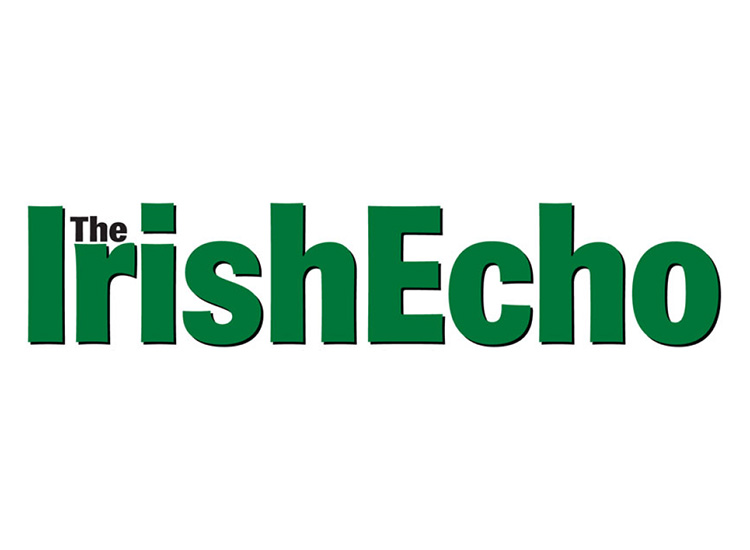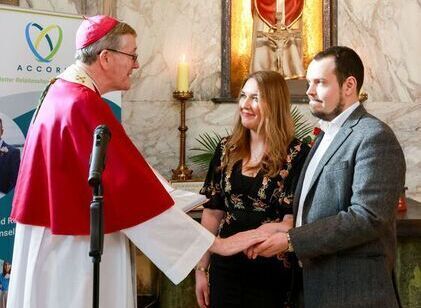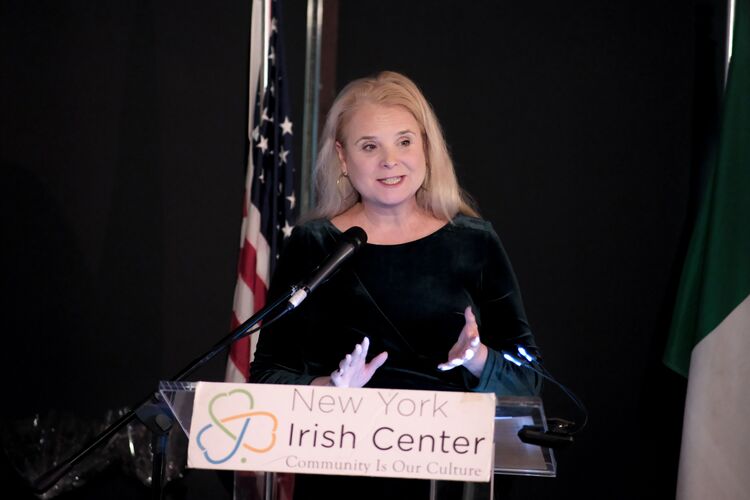[caption id="attachment_68980" align="aligncenter" width="600" caption="Joe McDonnell."]
British state papers released under the 30 year rule reveal secret contacts between the British government and the IRA leadership in the days before the death of the fifth hunger strike, Joe McDonnell.
1981 was one of the darkest years of the Troubles and was dominated by the deaths of ten republican prisoners on hunger strike in the H-Blocks.
The files show that the British government was contemplating concessions but demanded that the IRA should call off the strike as a pre-condition.
There was intensive contacts between the two sides over the weekend of 4-6 July conducted through the Derry-based businessman Brendan Duddy, known by the codename "Soon."
In a letter from Northern Ireland secretary of state Humphrey Atkins to the British Prime Minister Margaret Thatcher on July 6, 1981, he revealed that the government had been approached by "a third party who is trusted by the top Provisional leadership."
Atkins said the IRA were no longer pressing for differential treatment for their prisoners but wanted a statement permitting all prisoners to wear their own clothes and concessions on work, association and remission.
Atkins, however, told Thatcher: "My judgment and that of Michael Alison (Minister of State)... is that the best course is to continue to stand firm.
"There is always the chance that the strike will... collapse of itself, leaving the Provisional leadership humiliated."
At midnight on 8 July a message approved by Thatcher had been sent to the IRA. Subject to an end to the fast, the British government would issue a statement dealing with clothing, work and remission; prisoners would be allowed to wear their own clothes, However, on the issue of work, the Prison authorities would have the final say.
The IRA's response, Atkins told the prime minister, indicated that "they did not regard it as satisfactory and that they wanted a good deal more. This appeared to mark the end of this development and we made this clear to the PIRA..."
According to historian Eamonn Phoenix, the documents show that the prospects of an early "deal" to end the hunger strike evaporated over that July weekend.
"The British never actually formulated their final statement while concessions were strongly opposed by senior NIO (Northern Ireland Office) Ministers, led by Humphrey Atkins," he said.
"This seems to contradict former H-Block prisoner, Richard O'Rawe's claims in his book of a clear British offer around 5 July."
Other British state papers released show that the now First Minister Peter Robinson warned a senior civil servant that the North was on the verge of civil war by Christmas after the IRA assassination of South Belfast MP Robert Bradford in November 1981.









